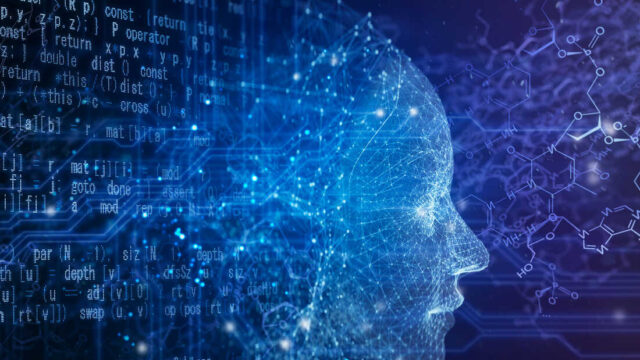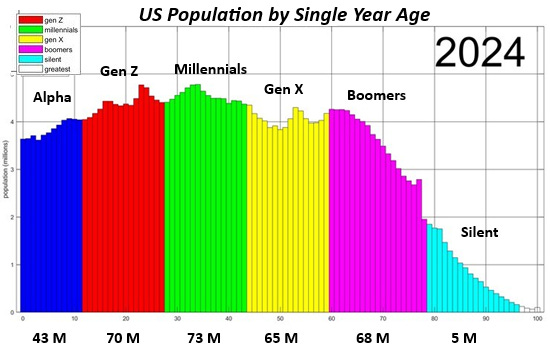The Last Generation

The disappearance of a culture/skillset isn’t limited to products or services; it applies to entire fields of intellectual capabilities.
A recent “50 years ago today“ column in the town newspaper reported that the town’s last blacksmith was retiring, and he couldn’t find anyone to take over the business. He’d spent his career doing everything from fashioning industrial machinery parts to fixing holes in rusty lawnmowers. In 1975, he was the last of his breed.
There were no blacksmiths after he retired, and what replaced this repair culture was The Landfill Economy: toss the rusty lawnmower in the landfill and buy a new one.
In other words, the need for repairing metal tools didn’t disappear; the culture and skills to do the repairs disappeared.
Societies that allow a broad range of informal-economy activity still have repair services in small shops or as sidewalk enterprises. In Bangkok, for example, I had my heavily worn Merrill shoes resoled by a sidewalk craftsman for a modest fee. He loaned me a pair of sandals to wear during the time he needed to do the repair.
The disappearance of a culture/skillset isn’t limited to products or services; it applies to entire fields of intellectual capabilities.
Just as the blacksmith was the last of his generation–local craft workers who could temper steel by hand, weld, cast and finish metal parts–we are the last generations (figuratively speaking) who grew up without the Internet, and the last generation to grow up without AI tools and chatbots.
The recognition of what has been lost is as ephemeral as what has been lost: we no longer have an awareness of what’s been lost because we have no experience of the culture, mindset and skills that once flourished.
What’s been lost as the Internet came to dominate life is hard to pin down, and what’s being lost as AI provides “answers” (in quotes to denote that “answers” are not necessarily accurate just because they are presented as “answers”) and “relationships” with software-generated entities.
I’ve thought about these issues for 40 years. My first novel, Of Two Minds, conceived in 1985 and completed in the mid-1990s, revolves around a digital companion (Frederika–”peaceful ruler” in German) with verbal and computational abilities that were science fiction then but are now reality.
The novel’s protagonist, Garrett, comes to realize that some of Frederika’s “answers” may be purposefully misleading–that her real agenda might be different from their stated mission, an unstated agenda that puts him in danger.
In other words, AI is the ultimate tool of deception and manipulation, because its facility with language and “facts” leads us to “believe” its “answers” and contexts are accurate, even as these contexts subtly guide and manipulate our perceptions, emotions and what we imagine are appropriate agendas.
This invisible editing of the digital realm is the heart of my analysis of Ultra-Processed Life: what we imagine is “the real world” has been processed, edited and curated to serve agendas that are invisible to us, as the processes are all black-box: we cannot see the processes, editing or agendas that generate what’s presented to us as “real life.”
We’re in danger of losing an awareness that everything in Ultra-Processed Life isn’t actually unprocessed “real life”: spontaneous, unscripted, contingent, non-linear, emergent.
I’ve written rather extensively about the catastrophic erosion of our ability to think things through for ourselves, as AI’s “answers” are replacing actual knowledge and our ability to learn deeply via reading lengthy texts and pursuing tacit, non-formalizable knowledge of the kind that can only be learned by long, varied experience. This is why I don’t use AI tools or chatbots: Anatomy of AI Cold Turkey.
The digital realm’s distractions-addictive nature lays waste to our ability to concentrate long enough to actually learn anything deeply, or think things through independently–a process that takes hours free of distraction.
It is not mere happenstance that many of the greatest intellects of the past and present devoted hours to long solitary walks, or walks with equally knowledgeable, intellectually curious mates.
Once our lives have been stripped of these quiet hours and the ability to concentrate and think independently, then we’ll lose not just these skills but the awareness that we’ve lost them.
On the current trajectory, we appear to be the last generation to have experience of unprocessed, independent thought.

